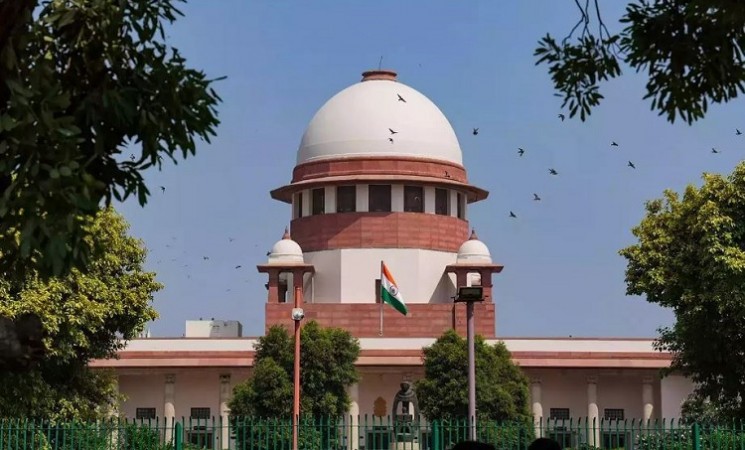
In a series of developments on Wednesday, various pleas were submitted to the Supreme Court urging a reconsideration of its December 11 ruling that upheld the annulment of Article 370. This constitutional provision had granted special status to the former state of Jammu and Kashmir.
Among the petitioners are notable entities such as the Jammu and Kashmir High Court Bar Association, Awami National Conference, Muzaffar Iqbal Khan, and Jammu and Kashmir People's Movement. Muzaffar Shah from the Awami National Conference personally filed a plea, contesting the verdict's characterization of Article 370 as a temporary provision.
The review plea submitted by the Jammu and Kashmir High Court Bar Association, represented by advocate Dharmendra Kumar Sinha, argued that the court's decision contains errors warranting a reassessment. The petition particularly challenges the ruling's assertion that the former state lost its sovereignty when Maharaja Hari Singh signed the Instrument of Accession in 1947.
The document contends, "The conclusion suffers from an error apparent on the face of records. Mere execution of IOA, without anything more, does not result in loss of total sovereignty."
Highlighting additional "erroneous conclusions," the plea emphasized that Article 370 was not a concession but rather the outcome of a sovereign act. It disputes the court's stance that the article was declared temporary due to specific conditions in the state, asserting that such a view is "unsustainable" and qualifies as an "error apparent on the face of the record."
On December 11, concluding a 16-day hearing on the highly debated issue of Article 370, a five-judge bench issued three concurring judgments upholding the abrogation of Article 370. This article had granted a unique status to Jammu and Kashmir upon its accession to the Union of India in 1947. The Centre had revoked Article 370 on August 5, 2019.
The court held that the President of India possessed the authority to revoke the measure in the absence of the Constituent Assembly of the former state, whose term had expired in 1957. The scrapping of Article 370 had been a central issue in the BJP's agenda and featured consistently in its election manifestos.
The Supreme Court's verdict was widely interpreted as a political boost for Prime Minister Narendra Modi in the lead-up to the 2024 Lok Sabha elections.
SC Overturns Gujarat Govt's Remission for Bilkis Bano Case Convicts